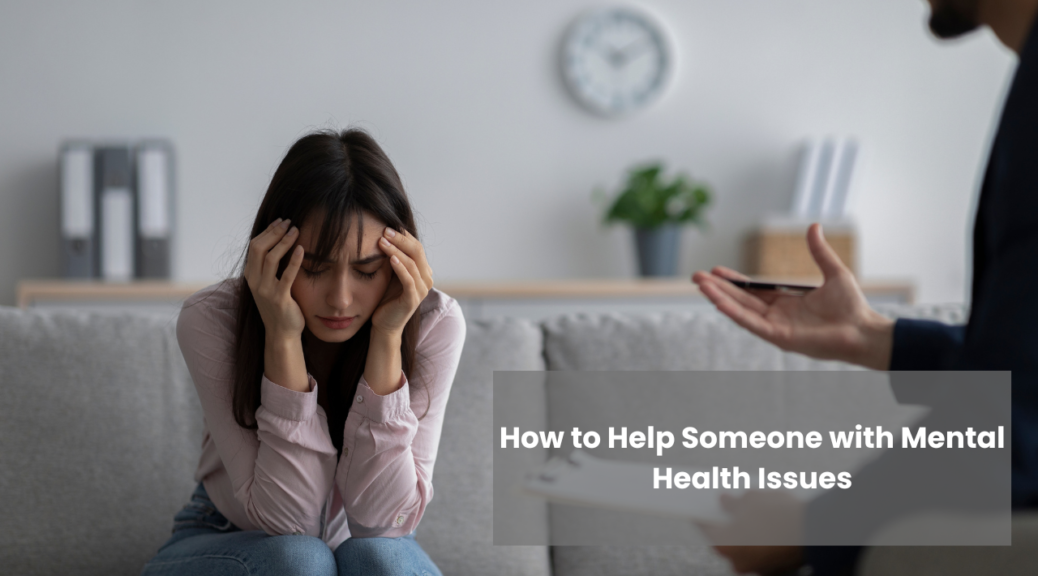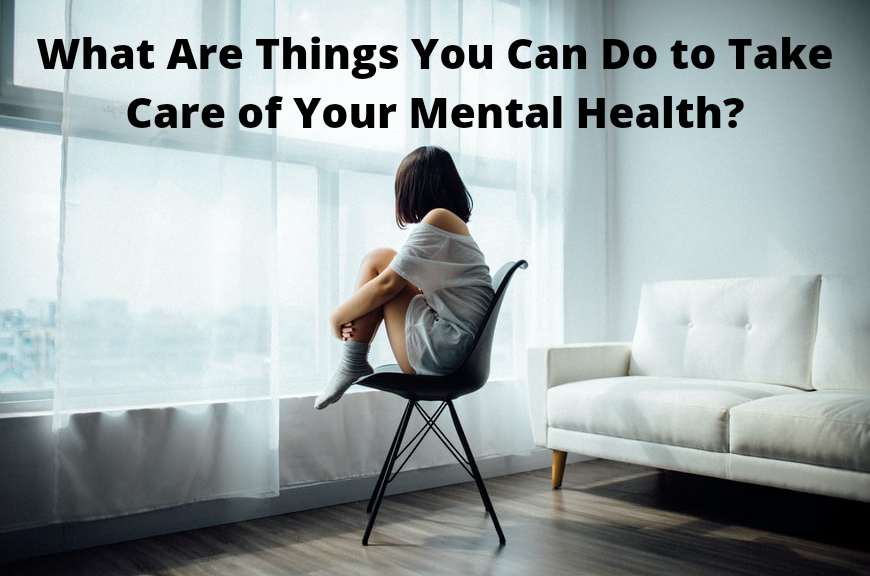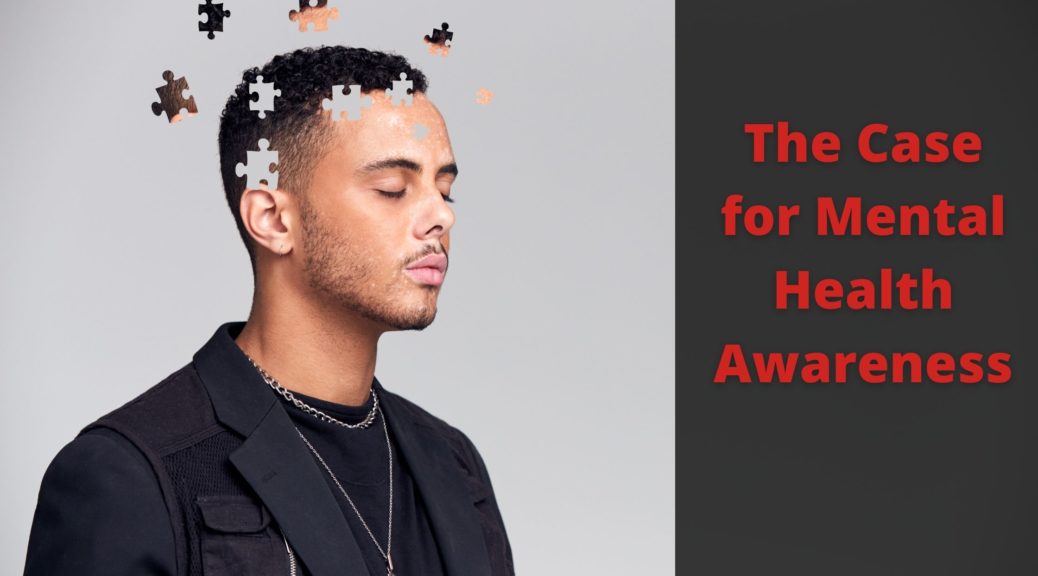Sometimes our minds can feel a little messy, like a room that needs to be cleaned up. We might feel sad, worried, angry, or just “blah.” Springtime is all about new beginnings, and it’s a wonderful time to think about making some positive changes in how we think and feel, specifically focusing on our mental health. That’s where therapy comes in!
Let’s now walk you through some ways in which spring mental health therapy can help you change for the better and grow this season.
How Spring Mental Health Therapy Can Help You Change and Grow
Therapy can help your mental health in many ways, especially in the spring. Here are some of the biggest ones:
Discover Your Strengths
Everyone has special talents and great qualities. Sometimes, we need a little help seeing them in ourselves. In therapy, you can explore what makes you unique and build confidence in your abilities. It’s like finding a hidden treasure chest full of your awesomeness.
Unpack Tough Feelings
Feeling sad, angry, frustrated, or worried is a normal part of life. But when those feelings start to take over and make it hard to enjoy things, therapy can be a lifesaver for your spring mental health. Your therapist will help you understand your emotions, find ways to cope, and start feeling more in control.
Learn New Skills
Imagine having a whole toolbox of techniques to deal with stress, problems, and difficult situations! Therapy can teach you these skills. You’ll learn how to calm yourself down when you’re upset, talk through things that bother you, and make smart decisions even when things get tough.
Become Your Best Self
Therapy is an amazing journey of self-discovery that helps boost your spring mental health. You’ll learn more about your thoughts, feelings, and how to handle challenges. All of this helps you become the best, most confident version of yourself. Think of it like leveling up in your favorite video game.
Find Solutions for Problems
Sometimes life throws us some curveballs—maybe you’re struggling at work, having trouble with friends, or something difficult is happening at home. A therapist won’t magically solve everything, but they can teach you ways to face problems head-on and find solutions that work for you.
Flowers bloom in spring because they’ve had all winter to gather their strength. Just like those flowers, therapy helps you grow and change. It might not always be easy, but it’s a wonderful way to give your mind and heart a fresh start for improved spring mental health.
Think of it this way: If you broke your arm, you’d go to the doctor, right? Your feelings are just as important as your body. If your emotions feel overwhelming or you’re having a tough time, therapy is an amazing way to get stronger and healthier, just like going to the doctor for a checkup to support your mental health.
Ready for some spring cleaning for your mind? Talking to a therapist can help you start your journey of spring renewal and positive change.
How CCHC Can Help
If you’re ready to embrace spring renewal for your mental health, the Center for Connection, Healing, and Change (CCHC) can help! Our approach combines psychotherapy, neuroscience, mindfulness, and meditation to help you find healing and create the changes you want in your life.
We offer support for a wide range of mental health challenges, including:
- Couple and family relationships
- Substance use and addiction
- Depression and anxiety
- Self-worth and identity issues
- Trauma, abuse, and PTSD
- Parenting, stress management, and much more!
Our therapists work with couples, children, teens, families, and adults, always taking a compassionate and holistic approach. We are especially focused on trauma-informed care and techniques that work with your mind and body.
Schedule a free consultation with us today, or visit our offices in Woodbridge or Fairfax. Let’s start your journey of spring renewal together!








